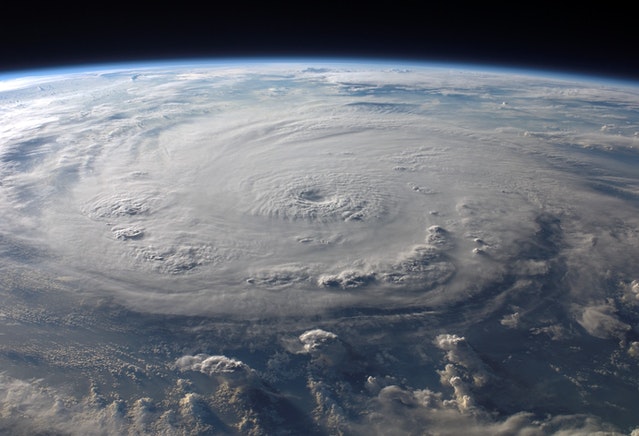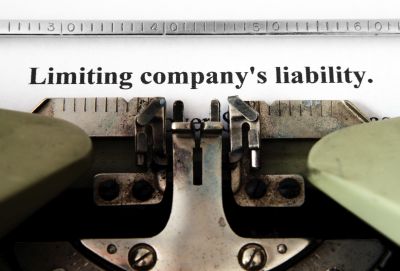What Is Hurricane And Storm Insurance And Why Is It Necessary?

Do you own property around a hurricane or tropical storm-prone state?
This may make your residence susceptible to damage by natural calamities, especially during the hurricane season, leaving you in need of help from a Storm Damage Clean-Up service.
Finding the right insurance policy confuses many people from looking for hurricane policy coverage.
However, the mechanics of it are quite different. Read this article to find out all about hurricane policies for your property.
What is a hurricane insurance policy?
Speaking in terms of general property insurance policies, there does not exist a specific type of hurricane insurance coverage. However, in market terms, hurricane and storm insurance usually defines the purview of hurricane deductible that forms part of a homeowners insurance cover.
It refers to the additional amount a house owner needs to pay if they want the insurance company to cover any damages or destruction incurred due to a hurricane/storm.
The deductible is a small portion of the homeowner’s property value. It is commonly found in 19 of the hurricane-prone states, including Washington D.C.
Hurricane and storm insurance policies can also point towards the special kind of natural calamity insurance that specifically covers damage caused due to extreme winds or flooding. These insurance covers are also typically needed for properties in high-risk hurricane-prone states, like Texas Oklahoma, and, Florida.
What does a hurricane and storm policy cover?
Hurricane deductibles are a segregation of the general homeowner’s insurance deductibles and take up a certain percentage of your real estate’s value.
As per an expert hurricane and storm insurance lawyer agency, general homeowners’ property insurance deductible comprises a fixed slab amount like $750 or $2,500. On the other hand, a hurricane and storm deductible could cost you up to 2-5 percent of a property’s insured value- or in simpler cancellations, $2,000-5,000 for every $100,000 in property valuation.
Before we dive into the why of this certain deductible, let’s get a bit of the backstory of hurricane cover. Hurricane deductibles were first introduced in the year 1992 after the destruction caused by Hurricane Andrew in South Florida.
It was responsible for inflicting major losses to property insurance companies as they had to reimburse all such affected homes. These deductibles became more common in 2005 due to the fatalities caused by Hurricane Katrina.
As a result, the hurricane deductibles became a prerequisite by insurance companies in the 19 hurricane-prone states and Washington D.C. Residential properties in these states all reside along the Gulf of Mexico and bear the brunt of hurricane damage every season.
How can you avail of a Hurricane and Storm Deductible?
For a residential property’s owner to be eligible for the payment of a hurricane deductible, there needs to be a named hurricane in the State or vicinity. Even a severe tropical storm makes the deductible applicable.
The rules for the applicability of the deductible may vary from state to state, but the general consensus agrees that it shall pay for the damages that the property acquired until the storm or hurricane is downgraded.
In an area where a hurricane deductible is not applicable, there may be a storm or high-wind deductible to cover the damage inflicted by any kind of high-velocity winds. It is a little more economical than the hurricane deductible, at times lower than 1% of the insured home’s value.
Why should you get hurricane and storm insurance coverage?
- You live in a hurricane-prone region: you may think that the deductible for hurricanes and storms in homeowners insurance is mandatory for these 19 states and Washington D.C., but some residential owners skip them out. However, we strongly advise you to pay the deductible because it is absolutely worth it if your home gets unfortunately stuck in the middle of a hurricane’s path.
- Home repairs are expensive: The repairs to correct structural and interior damage due to a hurricane can also consist of flooding. These are highly expensive repair works that would cut into your savings, while the deductible would offer you sufficient cover.
- Secure your property’s safety: Your property stands the risk of being ravaged by a hurricane or tropical storm during the active depression season. It’s better to not take a chance and secure your property’s financial safety in case things go south.
Wrapping Up:
Subscribing to a hurricane deductible helps your stay free of financial worry if things go the unexpected route. We hope that our article provided enough information for you to speak with your insurer and check up on our hurricane safety policy.


